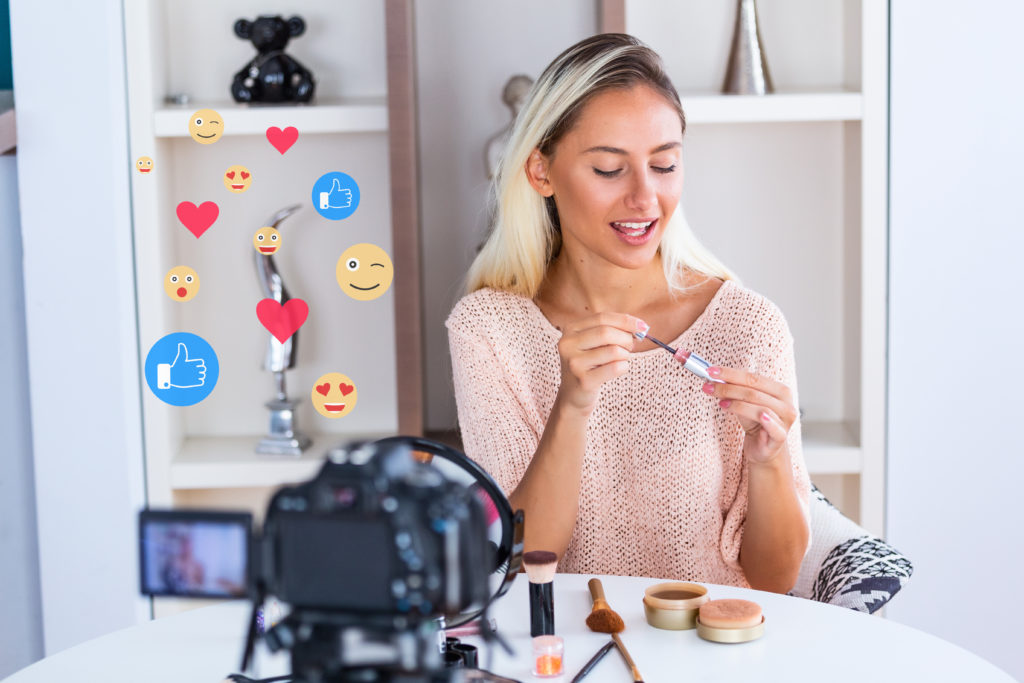Here’s a solution to corruption in the influencer marketing space
By Ted Wright October 28, 2019
The Wall Street Journal just published an in-depth post about the corruption and lack of accountability in the influencer marketing industry. Is this the beginning of end for this marketing mega-trend? Let’s take a look at this today.
The problems with influencers
Here are a few highlights from the WSJ feature:
- Influencer marketing is a multi-billion industry. Today, paid endorsements (known as sponsored content) are the online equivalent of a 30-second TV spot. Big-name stars can command $100,000 or more for a single YouTube video or Instagram photo.
- But fraud now taints the influencer marketplace. Influencers have strained ties with advertisers by lying about the number of their followers, sometimes buying fake ones by the thousands. They also have damaged their credibility with real-life followers by promoting products they don’t use.
- An analytics firm investigated 1.84 million Instagram accounts and found more than 50% used fraud to inflate the number of followers.
- Some influencers had large numbers of followers who weren’t real people, meaning the accounts had been bought or were inactive. Clues include large numbers of followers outside the influencer’s home country.
- The investigation confirmed that “Influencers” will steal $1.3 billion from advertisers this year by charging them for audience that they never served.
So, what’s wrong … and can it be fixed?
The seeds of corruption
In any business model, where corruption can occur, it will occur. Think back to the early days of internet marketing. Think about what something like SEO was like back then. Remember the “black hat” scumbags? That’s what we are dealing with now.
Sadly, the fact that people are cheating to make money is entirely predictable. These influencers are under a tremendous amount of pressure to make their numbers, attain a brand status and stay there.
That’s not going away and it’s almost impossible to regulate.
Obviously, brands and agencies are becoming more sophisticated in their approach, but the fact is, rooting out this sort of corruption will remain costly and elusive. Corruption will plague the industry as far as I can see into the future.
The roots of the trend
Let’s not forget why influencer marketing took off in the first place.
- The reach of traditional ad platforms is in decline. Advertising is dying.
- Trust in businesses and brands has declined for ten years
- By 2010, many researchers (Pew, McKinsey & Co, Ed Keller, Brad Fey, etc) proved that people trust each other, especially friends sharing authentic stories about products/services that they loved and that this trust converted to increased sales when stories were shared between people.
- And not to put too fine a point on it but WOMM practitioners from Tito Beveridge and Larry Page to Geno Church (and even the team I love at Fizz) have proved time and again that WOMM builds brands better.
So, the fundamentals are there and they are not going away. But there is better way to approach the opportunity.
Word of mouth marketing
In the word of mouth marketing practiced by my company Fizz, we don’t pay influencers or even pursue them.
Yes, we depend on the stories of our customers to spread through others, but the focus is on stories being carried organically because they are truly authentic, interesting and relevant to the audience.
We do this in an honest, transparent, and fun way that earns reach through a relevant audience organically and cost-effectively.
This may sound old-fashioned. It is. This is the oldest form of marketing on earth.
But it also works.
The business case for “influence” will continue to grow. Isn’t it time to try it the right way? Let’s connect with the people who aren’t faking followers, likes, and shares. Let’s connect with the people who share your story with your potential customers because they authentically love you and your story.
Ted Wright is the founder of Fizz, the world’s leading word of mouth marketing (WOMM) agency. Ted is also an acclaimed WOMM keynote speaker and the author of Fizz: Harness the Power of Word of Mouth Marketing to Drive Brand Growth.

